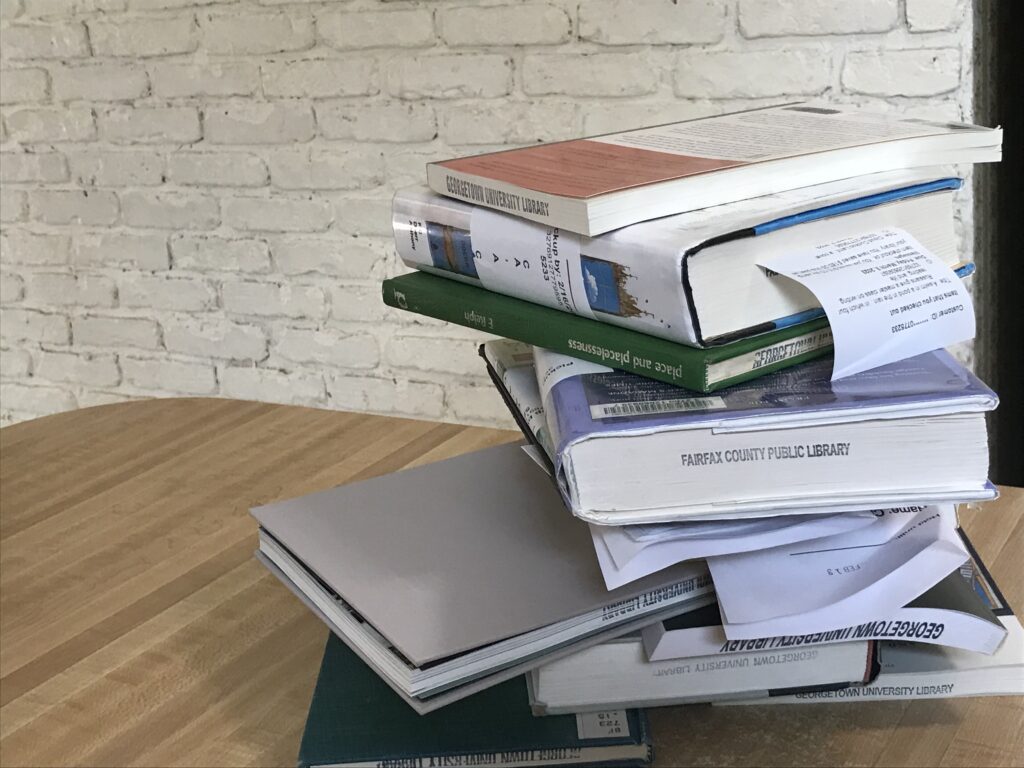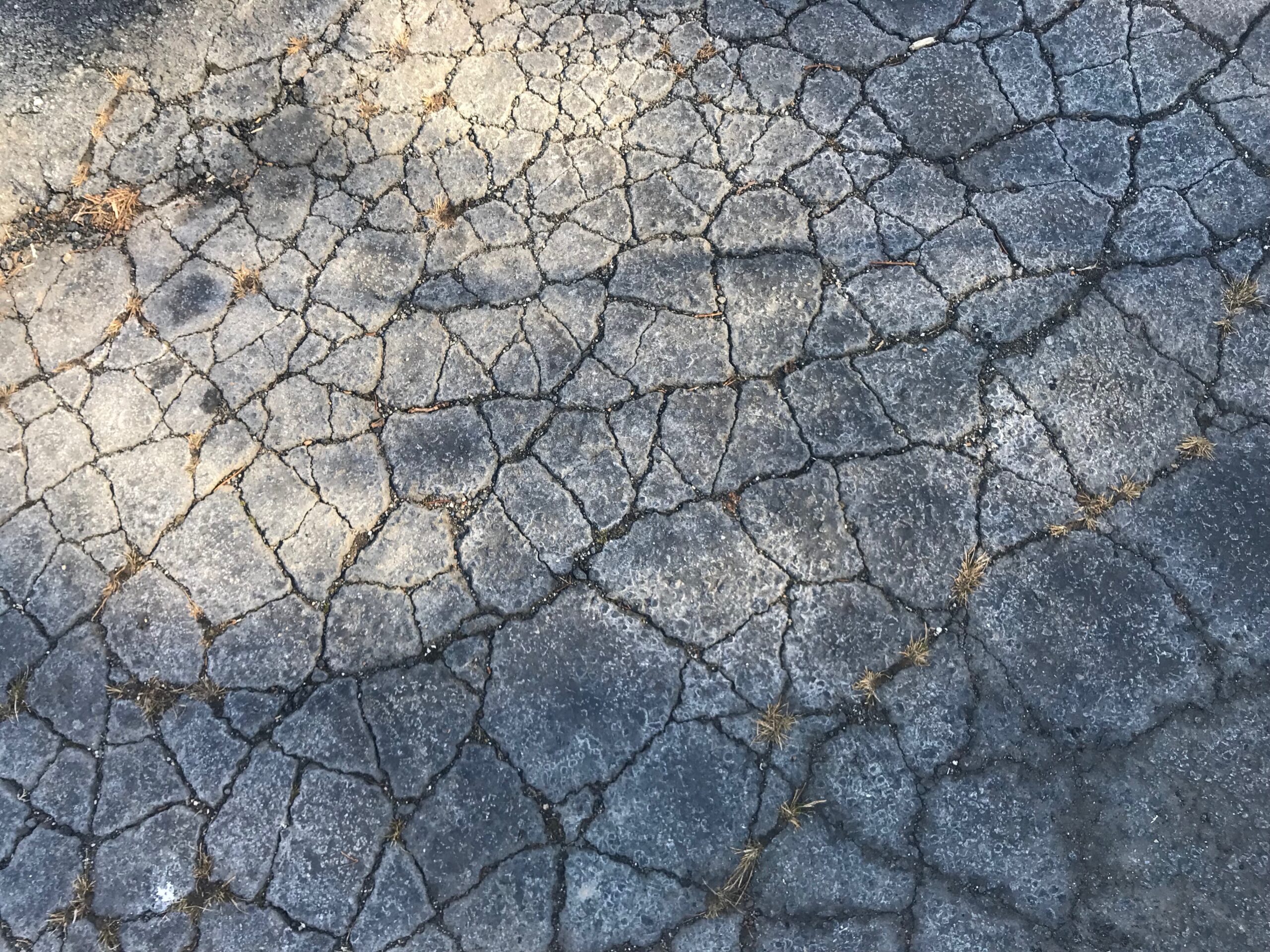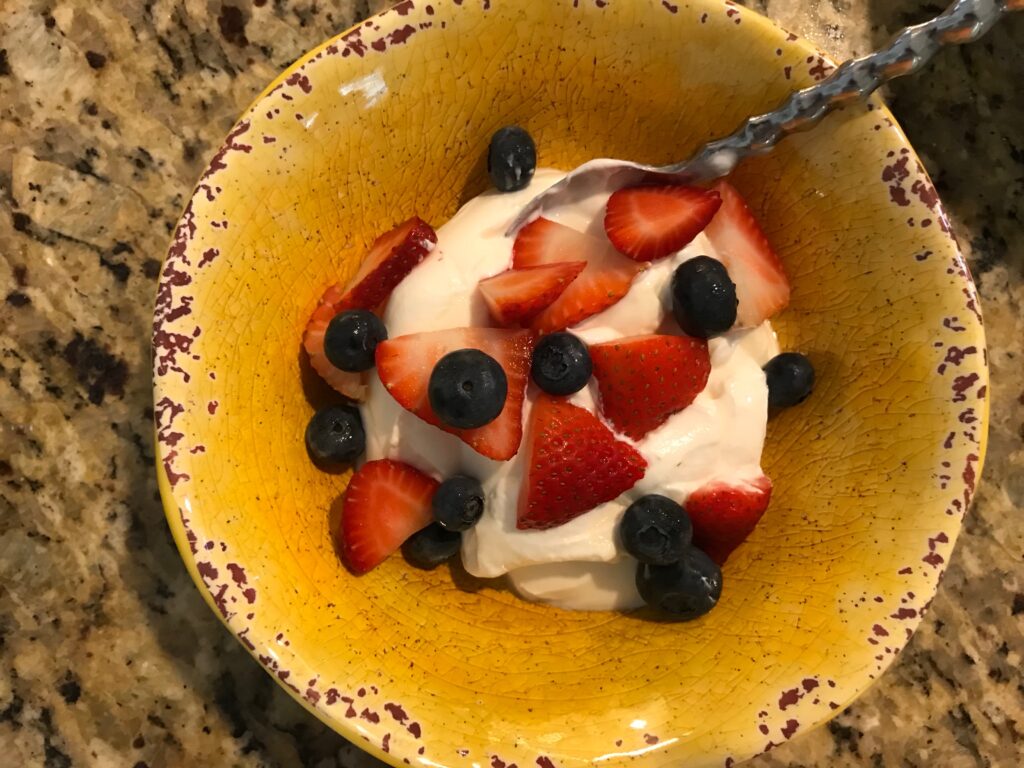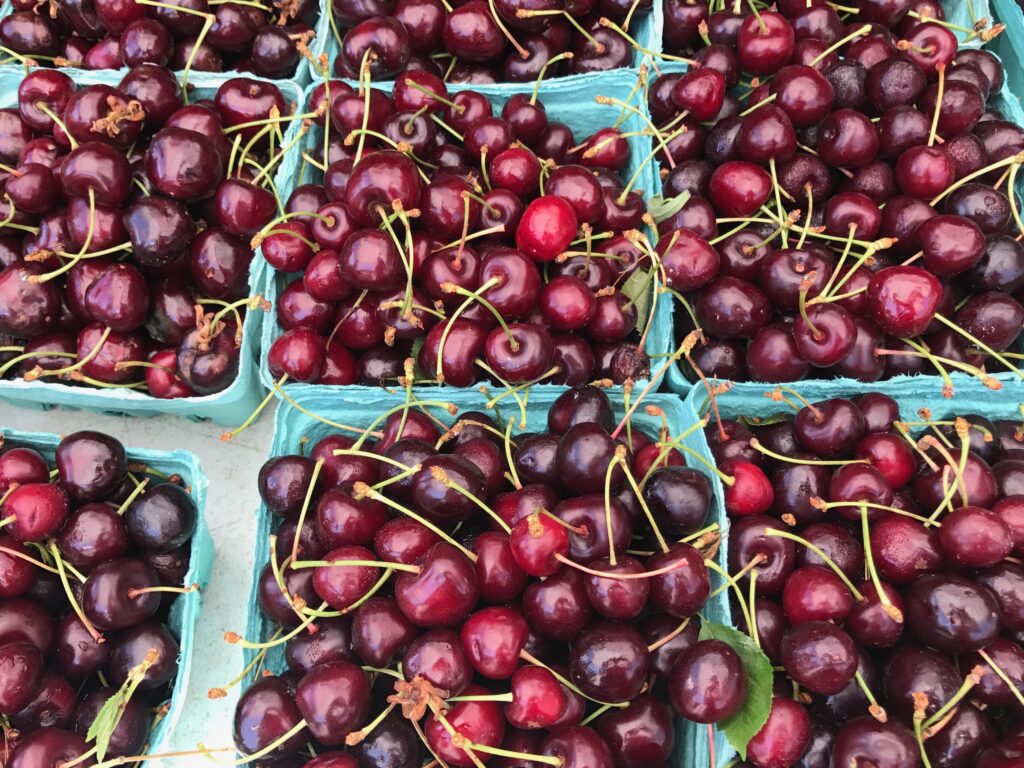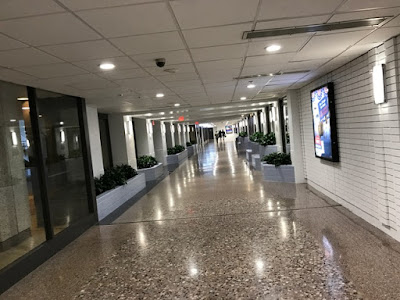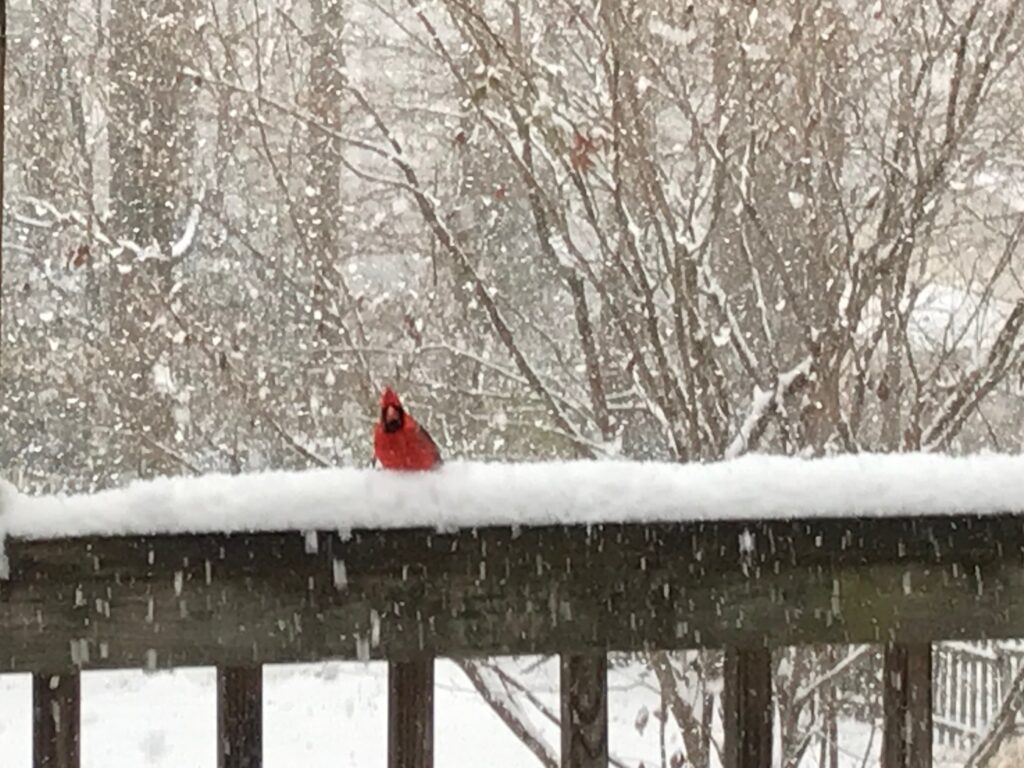Two-Temp Walk
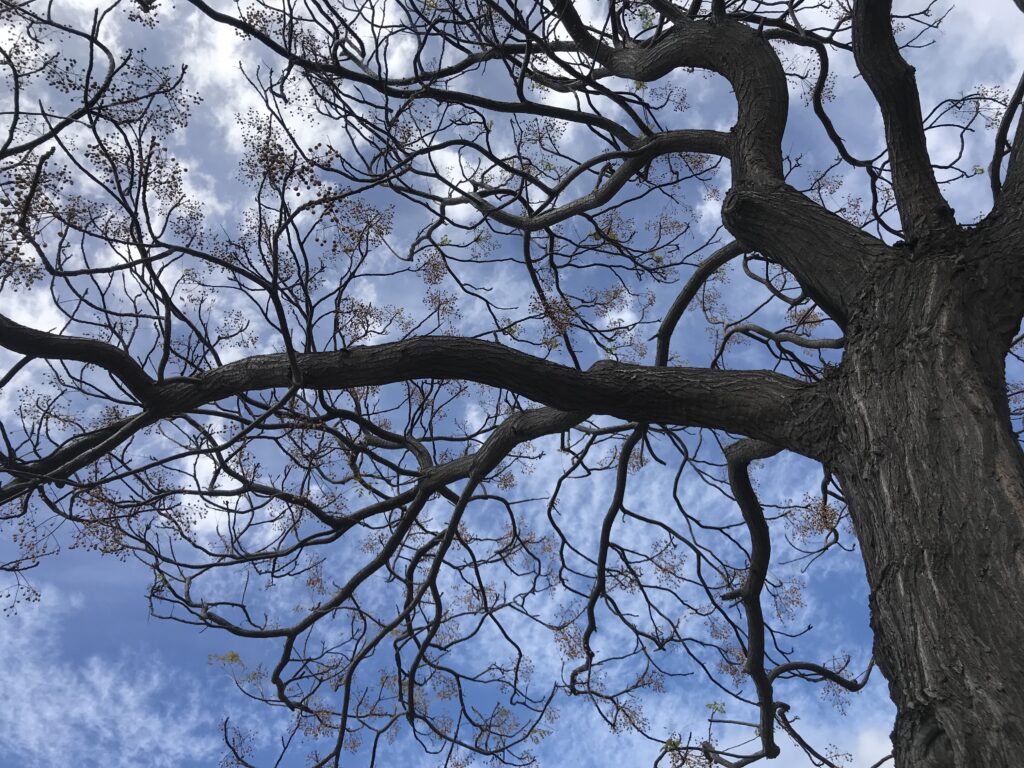
This time of year a walk through my neighborhood has two distinct contours. When I leave the house well-bundled against the cold, I think at first that it’s not bad — not exactly warm but not bitter, either.
That feeling quickly vanishes at the midpoint of my stroll, when I turn to trudge back the way I came. It’s those prevailing westerlies, you see, and all the frosty air they bring with them this time of year.
The air makes a mockery of the headband I wear over my ears. It blusters right into my hood, almost blowing it off my head. It makes me ball up my fingers inside my gloves. Most of all, it makes me pick up my pace. It’s no surprise that I run part of the way home.
I could always turn right instead of left at the end of my street and reverse the temperature and tempo of my hikes. But it makes more sense to warm up first. The only way around this reality is to take another route, but given the unplowed status of most nearby trails, that won’t happen anytime soon.
So for the next few days, at least, these two-temp walks are what I have. At least they keep things interesting.
